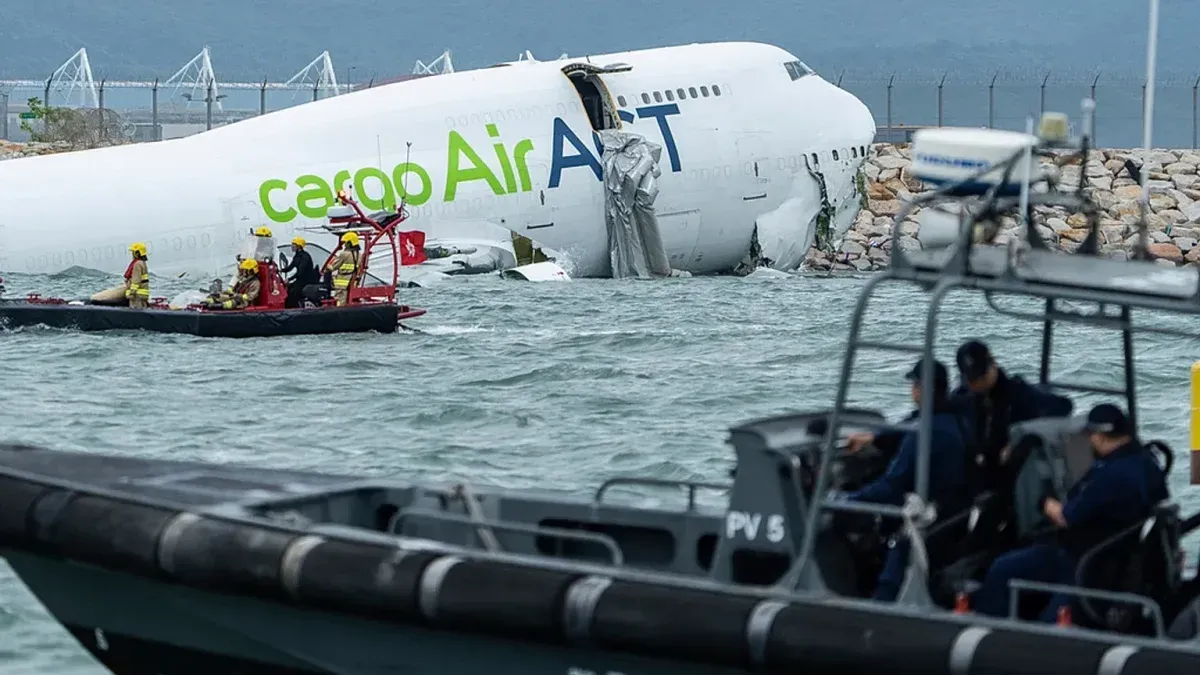According to the Agora Energiewende think tank, Germany again missed its emissions targets in 2022. One sector in particular worries Federal Minister of Economics Robert Habeck.
Despite reduced energy consumption and a high proportion of renewables, Germany again failed to meet the targets for reducing greenhouse gas emissions in 2022. The main reason for this is the increased coal-fired power generation due to the record prices for natural gas, as the think tank Agora Energiewende announced in its evaluation published on Wednesday. The targets were also missed again in the transport and building sector, the experts explained and called for a “trend reversal” in 2023.
According to Agora Energiewende, emissions amounted to around 761 million tons of CO2 last year and thus stagnated “at a high level”. The emission target of 756 million tons of CO2 was therefore exceeded by five million tons. The reduction in emissions was also almost 39 percent compared to the reference year 1990 – and thus for the second time behind the target of 40 percent achieved in 2020.
Energy consumption in 2022 fell by 4.7 percent compared to 2021 and the share of renewable energies rose to a record high of 46 percent, it said. This was partly due to the favorable weather.
Agora Energiewende: Use of coal and oil negates emission reductions
However, the increased use of coal and oil for cost and capacity reasons has nullified the emission reductions that had been achieved. Instead, CO2 emissions in the energy sector even increased by eight million tons year-on-year. At the end of 2022, according to Agora Energiewende, there were two gigawatts more coal capacity on the market than at the end of 2021. This is “clearly inconsistent with the climate goals,” the experts explained and called for an exit by 2030.
“The record year for renewable energies is weather-related and therefore not a structural contribution to climate protection,” Agora Director Simon Müller classified the results. In fact, there hasn’t been much progress in the expansion of wind energy, for example. The government must “improve this quickly, because we need to triple the construction from 2023 to reach the 2030 renewables target,” he added. Above all, the “rapid expansion of solar energy” could “quickly dampen prices”.
2022
Hot summer, floods, protests – the climate year of extremes in pictures
Despite the increased use of coal and oil as a substitute for natural gas, the industry recorded a slight drop in emissions of eight million tons, which according to Agora is mainly due to reduced production in addition to savings measures. In this way, the sector is meeting its climate target, but without taking any structural measures for sustainable climate protection.
According to Agora Energiewende, the emission targets in the areas of transport and buildings were missed again: With 113 million tons of CO2, the building sector exceeded the sector target by five million tons – even though the energy crisis led to a sharp drop in consumption, especially for natural gas. The Agora experts criticized “years of omissions in the heat transition”.
Transport sector as a problem child
In traffic, CO2 emissions of 150 million tons were also “well above the permitted value of 139 million tons of CO2,” it said. Above all, there was a lack of political measures to reduce emissions in this sector, criticized Agora Energiewende.
Nevertheless, Federal Minister of Economics Robert Habeck (Greens) sees Germany basically on the right track. “Despite the energy crisis caused by Putin’s war of aggression and the additional coal-fired power generation required as a result, total emissions in 2022 fell slightly compared to 2021,” explained Habeck. Significant energy savings and the high proportion of renewable energies show “that we have chosen the right course”.
Habeck pointed out that all figures “should be treated with caution”, since the official greenhouse gas balance will not come from the UBA until mid-March. Nevertheless, they showed “the necessary need for action”.
“Our problem child is the transport sector, where CO2 emissions have increased again,” Habeck continued. All the measures planned there so far were not sufficient to close the gap. In addition, unlike in the building sector, for example, where the goals were also torn, “it has not yet been possible to develop a perspective”. There is therefore an “urgent need for action”.
The ecological traffic club VCD spoke of a “failure with announcement” in the traffic sector and accused the ministry of Volker Wissing (FDP) of “inactivity”. “The supposed freedom of driving is weighted higher than the good of the general public,” criticized the association. A speed limit on motorways, the abolition of subsidies for combustion engines and massive investments in local transport are necessary.
The Greens politician Katharina Dröge also called on Minister Volker Wissing (FDP) to “urgently increase the speed and ambition in order to finally provide sufficient and concrete proposals for meeting the climate targets”. One measure alone is not enough, she told AFP, reforms are needed in the commuter allowance and the company car privilege, as well as more investment in rail and local transport.
Source: Stern
David William is a talented author who has made a name for himself in the world of writing. He is a professional author who writes on a wide range of topics, from general interest to opinion news. David is currently working as a writer at 24 hours worlds where he brings his unique perspective and in-depth research to his articles, making them both informative and engaging.




